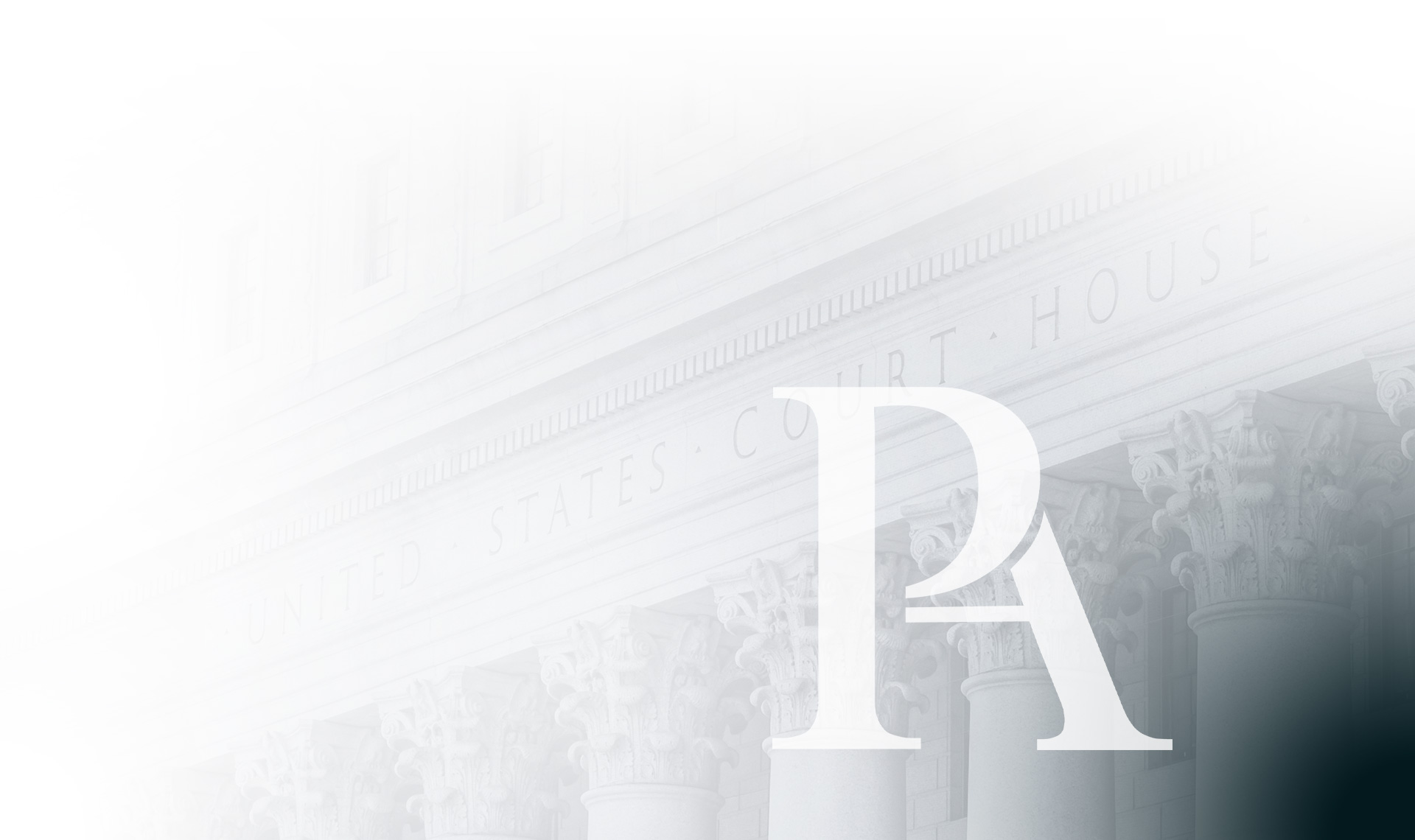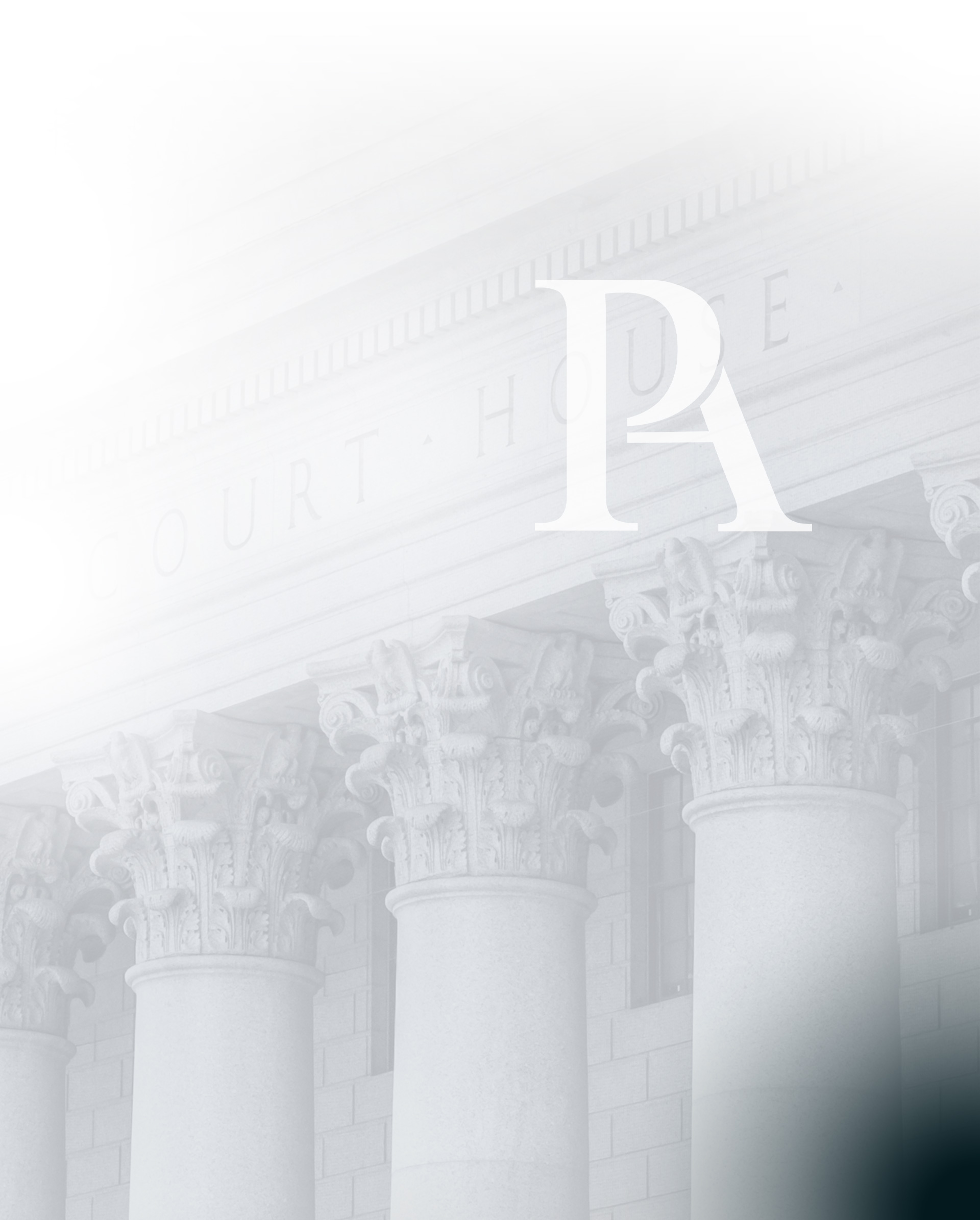Age Discrimination During a Hiring Process
When a hiring manager is interviewing you for a position, your age should not be a factor. The hiring manager should exclusively focus on your qualifications and ability to perform the job’s responsibilities. You are under no obligation to disclose your age at any point during the hiring process. Sadly, some hiring managers may directly ask inappropriate questions or use subtler tricks to determine your age.
Identifying Age Discrimination: Key Questions to Watch For
You may be the victim of age discrimination if a hiring manager asks any of these questions:
- How old are you?
- What is your birthday?
- When did you graduate from college?
- When do you plan to retire?
- Do you think you will be able to keep up with our company’s use of modern technology?
Simply being asked these questions may not be enough to prove age discrimination, but they are a sign that a prospective employer may intend to discriminate when making their decision. You may get a sense of if your interviewer is wary about how young or old you are through their lines of questioning and general attitude.
Further, there are sharp distinctions between innocent mistakes and systemic patterns indicative of ageism. Recognizing and documenting these subtleties in interviews could provide you with valuable evidence in a potential discrimination case. Our firm is prepared to help you analyze these interactions to determine the best course of action.
Should you not get a job, feel free to ask for feedback, as the hiring manager’s response may in some cases be revealing. It is perfectly legal for a hiring manager to say they went with someone with “more experience,” but it is potentially discriminatory to say they went with someone “younger” or someone “older.” If you are unsure if you were subject to unlawful treatment during a hiring process, do not hesitate to get in touch with our Washington, D.C. age discrimination attorneys. We can assess your circumstances and determine whether you have a claim.
Recognizing Examples of Age Discrimination in the Workplace
No one should be treated differently in the workplace because of how old or young they are. In some workplaces, ageism may be direct and obvious. In other situations, age discrimination will influence how certain employees are compensated, who receives advancement opportunities, and who is laid off.
Examples of age discrimination in the workplace include:
- Frequent comments or jokes about your age
- Layoffs that appear to primarily target younger or older employees
- Work environments where exclusively younger employees receive promotions and raises over older employees despite lacking performance
- Opportunities (particularly those involving educational or career advancement) exclusively offered to younger employees
- Assumptions or direct comments suggesting younger employees can work harder and longer because they do not have families
- Older or younger employees being left out of company meetings or events
Being aware of your environment and documenting instances where age appears to unfairly influence workplace dynamics is crucial. This evidence could pave the way for a strong case should legal action become necessary. Consultation with our attorneys can provide clarity on the legality of these situations and potential next steps.
Call (202) 759-6544 or contact us online to discuss your legal options. Flexible payment options are available.
Frequently Asked Questions
What Should I Do if I Experience Age Discrimination in Washington, D.C.?
If you believe you are a victim of age discrimination in Washington, D.C., it is important to take immediate action. First, document every detail related to the discriminatory behavior, including dates, times, locations, and any conversation specifics.
Maintain communication records such as emails or notices that might corroborate your experience. Next, report the behavior to your human resources department if applicable. It's beneficial to follow up on your report with an acknowledgment receipt to ensure it's officially logged.
Simultaneously, consider consulting with an experienced age discrimination attorney from Pitre & Associates to understand your rights and options. Our lawyers can help you assess the strength of your case and guide you in filing a complaint with the appropriate federal or local agency, such as the Equal Employment Opportunity Commission or a state-specific equivalent. Taking these steps not only protects your rights but also sets a precedent that companies must treat employees fairly regardless of age.
How Long Do I Have to File an Age Discrimination Claim?
Time is of the essence when it comes to filing age discrimination claims. Generally, you must adhere to strict deadlines that vary depending on whether you are filing a federal or a local claim. For claims submitted to the Equal Employment Opportunity Commission (EEOC), you typically have 180 days from the incident to file. This period extends to 300 days if your state has a local law against age discrimination and a designated agency that enforces such laws.
Considering these timelines, it's crucial to act quickly if you believe you’ve been subjected to discriminatory practices. Failure to meet these deadlines could result in the dismissal of your claim, so consulting an attorney from Pitre & Associates soon after an incident is advised. Our team can help you understand these deadlines and ensure all necessary paperwork is properly prepared and filed within the required period, maximizing your chance for a favorable outcome.
Are There Any Exceptions to Age Discrimination Protections?
While age discrimination laws are comprehensive, there are specific circumstances where exceptions may apply. For instance, the Bona Fide Occupational Qualification (BFOQ) exception allows employers to hire based on age if it's proven to be a legitimate requirement for normal business operation. This can apply to roles where safety is an issue, such as airline pilots or positions requiring specific physical capabilities.
Additionally, certain small businesses may not be subject to the same restrictions due to workforce size. It's essential to understand these nuances, and consulting with our knowledgeable attorneys can clarify these exceptions in the context of your situation. We can provide insights into how these legal particulars may influence your case, ensuring you have a realistic perspective on the applicability of age discrimination laws in your employment scenario.




